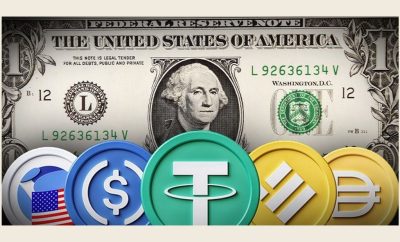
The radically collaborative organization
Will Web3 change the way organizations are run?
In the last issue I introduced you to 3 important aspects of Web3, and DAO was first on the list. It’s a popular term, and you might even have heard it come up in the current war for the ownership of Twitter. It’s mentioned as an alternative scenario to taking the company private. But what exactly is a DAO?
A decentralized autonomous organization, or DAO, is an organization or company that’s collectively owned and managed by its members. These companies are often created as smart contracts based on blockchain, and ownership is governed by a token (or sometimes a share). When you own a token, you have the right to vote on important matters. No one has the authority to do anything without approval of the group. Decisions are introduced through proposals and voting ensures that every member has a voice.
There is no central authority: no CEO or owner to make the final decision, and no executives to run the company. Everything is publicly available and the rules are baked into the DAO via its code. DAOs are flat and fully democratized organizations, with all activities transparent and public.
The backbone of a DAO is a smart contract that specifies the rules of the organization and also holds the treasury. Once the contract is live on the blockchain, you can only change the rules through a vote. If anyone tries to do something that’s not covered by the rules and logic in the code, it will fail. This means e.g. that no one can spend money without approval, because the treasury is ruled by the smart contract. The group decides collectively, and payments are automatically authorized when the vote passes.
It probably feels contrary to everything you’ve experienced in your career. And you might wonder if this could ever work: a company without a hierarchy that is fully democratic in decision making and where no individual member holds the purse strings.
Συνέχεια εδώ
Πηγή: newsletter.anitalettink.com
Web3, Anita Lettink, crypto , blockchain




